
Partners
BioUPGRADE assembles expertise in functional genomics, protein engineering, material science, and bioproduct scale-up and deployment to deliver biocatalysts that tailor structural biopolymers for use in high-value biomaterials.
Aalto University (Finland)
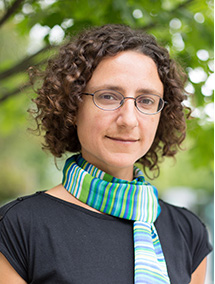 Professor Emma Master (Coordinator; WP2 Lead) is an Adjunct Professor at Aalto University and Full Professor at the University of Toronto (Canada). In 2010, she was awarded a Finland Distinguished Professor Fellowship (FiDiPro Fellow, Tekes, Finland) to establish her research in Finland in the area of biocatalysts for engineered polysaccharides. In 2015, she was awarded a European Research Council Consolidator grant to further grow her team at Aalto and network within Europe. Her research activities focus on mining fungal genome and metagenome datasets for enzymes and non-catalytic proteins that sustainably introduce new functionalities to structural biopolymers. In so doing, her team aims to expand the ways genomics data can accelerate the transition to sustainable bio-based economies.
Professor Emma Master (Coordinator; WP2 Lead) is an Adjunct Professor at Aalto University and Full Professor at the University of Toronto (Canada). In 2010, she was awarded a Finland Distinguished Professor Fellowship (FiDiPro Fellow, Tekes, Finland) to establish her research in Finland in the area of biocatalysts for engineered polysaccharides. In 2015, she was awarded a European Research Council Consolidator grant to further grow her team at Aalto and network within Europe. Her research activities focus on mining fungal genome and metagenome datasets for enzymes and non-catalytic proteins that sustainably introduce new functionalities to structural biopolymers. In so doing, her team aims to expand the ways genomics data can accelerate the transition to sustainable bio-based economies.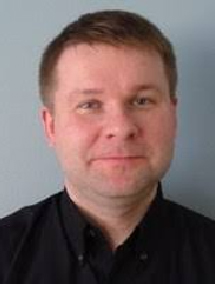 Dr. Jarkko Mutanen (Project Manager) is a Project Manager at Aalto University Research and Innovation services with several years of experience in EU-project coordination and management. He received his PhD in Physics from the University of Joensuu, Finland. He has done his post doctoral research in the Tokyo Institute of Technology in Japan, and in the field of spectral imaging, photonics and micro- and nano structures and their applications.
Dr. Jarkko Mutanen (Project Manager) is a Project Manager at Aalto University Research and Innovation services with several years of experience in EU-project coordination and management. He received his PhD in Physics from the University of Joensuu, Finland. He has done his post doctoral research in the Tokyo Institute of Technology in Japan, and in the field of spectral imaging, photonics and micro- and nano structures and their applications.
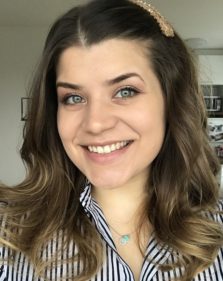 Anna Pohto is a Ph.D. student in Prof. Emma Master's group at Aalto University. She completed her Master's thesis at Aalto on the topic of biophysical characterization of non-catalytic proteins and is now continuing her research for her thesis.
Anna Pohto is a Ph.D. student in Prof. Emma Master's group at Aalto University. She completed her Master's thesis at Aalto on the topic of biophysical characterization of non-catalytic proteins and is now continuing her research for her thesis.
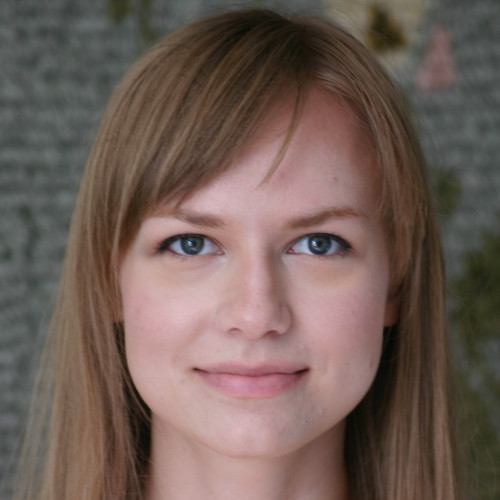
Taru Koitto is a Ph.D. student in Prof. Emma Master’s group at Aalto University. She has studied Chemical Engineering at Aalto University and is currently doing her Ph.D. on the engineering and biophysical characterization of non-catalytic proteins.
Aalto University ALUMNI
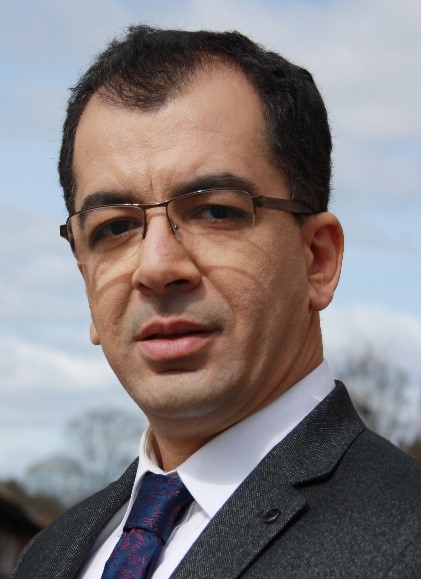 Dr. Majid Haddad Momeni is a postdoctoral researcher in Prof. Emma Master’s group at Aalto University, Finland. Dr. Haddad received his Ph.D. in Structural Biology from the Swedish University of Agricultural Sciences (SLU), Sweden. He has characterized several fungal-based cellulases (mainly cellobiohydrolases) during his Ph.D. program and focused on biochemical-biophysical characterizations of oxidoreductive enzymes involved in the deconstruction of recalcitrant biomasses during former postdoctoral studies. In Prof. Emma Master’s group, he works on sequence/structure analysis, production, and advanced biophysical/biochemical characterization of non-hydrolytic proteins.
Dr. Majid Haddad Momeni is a postdoctoral researcher in Prof. Emma Master’s group at Aalto University, Finland. Dr. Haddad received his Ph.D. in Structural Biology from the Swedish University of Agricultural Sciences (SLU), Sweden. He has characterized several fungal-based cellulases (mainly cellobiohydrolases) during his Ph.D. program and focused on biochemical-biophysical characterizations of oxidoreductive enzymes involved in the deconstruction of recalcitrant biomasses during former postdoctoral studies. In Prof. Emma Master’s group, he works on sequence/structure analysis, production, and advanced biophysical/biochemical characterization of non-hydrolytic proteins.
 Dr. Eleni Ioannou is a postdoctoral researcher in Prof. Master’s group at Aalto University and is specialized in protein biology. Dr. Ioannou received her Ph.D. from Aberystwyth University, where she produced and biochemically characterized in silico-designed chimeric multifunctional enzymes. In Prof. Emma Master’s group at Aalto, she focuses on the biophysical characterization of non-catalytic proteins.
Dr. Eleni Ioannou is a postdoctoral researcher in Prof. Master’s group at Aalto University and is specialized in protein biology. Dr. Ioannou received her Ph.D. from Aberystwyth University, where she produced and biochemically characterized in silico-designed chimeric multifunctional enzymes. In Prof. Emma Master’s group at Aalto, she focuses on the biophysical characterization of non-catalytic proteins.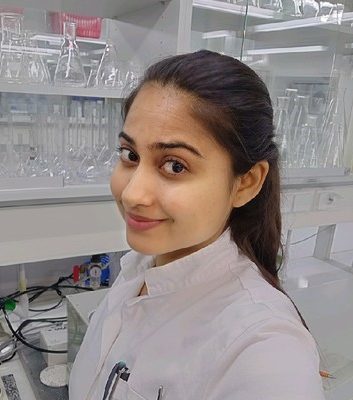 Deepika Dahiya is a Ph.D. student in Prof. Emma Master's group at Aalto University. She completed her Bachelor’s in Technology (B.Tech) and Master’s in Technology (M.Tech) in India, with a focus on biotechnology and bioprocess engineering. As a part of Protein Technology group at Aalto, her work focuses on the production and expression of microbial expansin related proteins. She further uses these proteins to tailor cellulosic fibers and develop cost effective enzymatic treatments of lignocellulosic biomass.
Deepika Dahiya is a Ph.D. student in Prof. Emma Master's group at Aalto University. She completed her Bachelor’s in Technology (B.Tech) and Master’s in Technology (M.Tech) in India, with a focus on biotechnology and bioprocess engineering. As a part of Protein Technology group at Aalto, her work focuses on the production and expression of microbial expansin related proteins. She further uses these proteins to tailor cellulosic fibers and develop cost effective enzymatic treatments of lignocellulosic biomass.
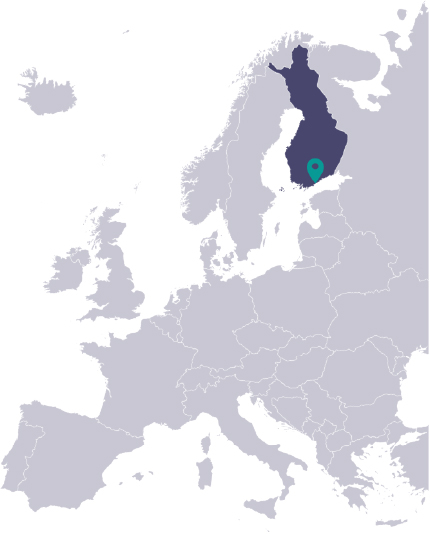
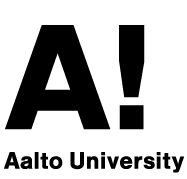
Aalto University is a community of bold thinkers where science and art meet technology and business. Aalto builds a sustainable future by creating novel solutions to major global challenges. We value responsibility, courage, and collaboration.
The BioUPGRADE project will be carried out at the School of Chemical Engineering, in the Department of Bioproducts and Biosystems (BIO2). Research will be benefiting also from national investments to Bioeconomy Infrastructure located on the Otaniemi Campus (www.bioeconomyinfra.fi).
CIC bioGUNE (spain)
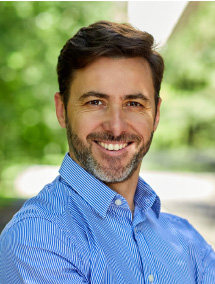 Professor Raul Perez Jimenez (WP1 Lead) was an Ikerbasque Research Professor leading the nanobiomechanics group at CIC nanoGUNE. After joining nanoGUNE in 2013, Prof. Perez-Jimenez started a research line that combines mechanobiology with enzyme engineering with the purpose of developing new enzymes and biomaterials for biotechnology applications. Since January 2023 he joined CIC bioGUNE as principal investigator of the Synthetic Biology Laboratory. He is the cofounder of Evolgene Genomics, a spin-off company dedicated to exploit the power of ancestral enzymes.
Professor Raul Perez Jimenez (WP1 Lead) was an Ikerbasque Research Professor leading the nanobiomechanics group at CIC nanoGUNE. After joining nanoGUNE in 2013, Prof. Perez-Jimenez started a research line that combines mechanobiology with enzyme engineering with the purpose of developing new enzymes and biomaterials for biotechnology applications. Since January 2023 he joined CIC bioGUNE as principal investigator of the Synthetic Biology Laboratory. He is the cofounder of Evolgene Genomics, a spin-off company dedicated to exploit the power of ancestral enzymes.
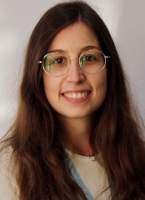 Dr. Ylenia Jabalera is a postdoctoral researcher in Prof. Raul Perez-Jimenez’s group at CIC bioGUNE and is specialized in molecular biology and protein engineering. Dr. Jabalera received her Ph.D. from University of Granada, where she developed and characterized new magnetic nanosystems for biotechnological applications. In Prof. Raul Perez Jimenez’s group, she works on the design and characterization of ancestral proteins and enzymes for their application in material sciences.
Dr. Ylenia Jabalera is a postdoctoral researcher in Prof. Raul Perez-Jimenez’s group at CIC bioGUNE and is specialized in molecular biology and protein engineering. Dr. Jabalera received her Ph.D. from University of Granada, where she developed and characterized new magnetic nanosystems for biotechnological applications. In Prof. Raul Perez Jimenez’s group, she works on the design and characterization of ancestral proteins and enzymes for their application in material sciences.
 Dr. Carlos Ordoñez is a postdoctoral researcher in Prof. Raul Perez-Jimenez’s group at CIC bioGUNE, specializing in protein engineering and enzyme design. He completed his PhD at Universidad Autónoma de Madrid, under the supervision of Dr. Margarita Salas and Dr. Modesto Redrejo-Rodríguez, where he focused on characterizing novel activities of DNA polymerases and developing new DNA amplification methods. Following that, he worked with Dr. Miguel de Vega at the Centro de Biología Molecular - Severo Ochoa, investigating translesion synthesis DNA polymerases from Bacillus subtilis. Currently, Dr. Ordóñez is working in Prof. Raul Perez Jimenez’s group, with a particular focus on designing and characterizing new ancestral enzymes for processing biomaterials. Dr. Ordóñez's research interests include synthetic biology, protein engineering, and molecular evolution.
Dr. Carlos Ordoñez is a postdoctoral researcher in Prof. Raul Perez-Jimenez’s group at CIC bioGUNE, specializing in protein engineering and enzyme design. He completed his PhD at Universidad Autónoma de Madrid, under the supervision of Dr. Margarita Salas and Dr. Modesto Redrejo-Rodríguez, where he focused on characterizing novel activities of DNA polymerases and developing new DNA amplification methods. Following that, he worked with Dr. Miguel de Vega at the Centro de Biología Molecular - Severo Ochoa, investigating translesion synthesis DNA polymerases from Bacillus subtilis. Currently, Dr. Ordóñez is working in Prof. Raul Perez Jimenez’s group, with a particular focus on designing and characterizing new ancestral enzymes for processing biomaterials. Dr. Ordóñez's research interests include synthetic biology, protein engineering, and molecular evolution.
CIC BioGUNE ALUMNI
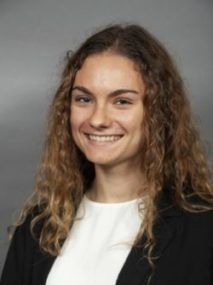 Irati Mitxelena is a PhD student in Prof. Raul Perez-Jimenez’s group. She completed her Bachelor’s degree in Neurobiology at the University of Cincinnati (USA) and her Master’s at the University of the Basque Country. Her PhD thesis focuses on the design of enzymes as well as the optimization of expression systems.
Irati Mitxelena is a PhD student in Prof. Raul Perez-Jimenez’s group. She completed her Bachelor’s degree in Neurobiology at the University of Cincinnati (USA) and her Master’s at the University of the Basque Country. Her PhD thesis focuses on the design of enzymes as well as the optimization of expression systems.
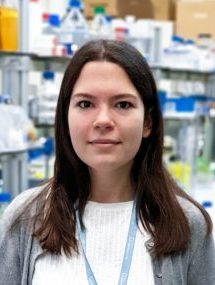 Alba Fernandez Calvo is a Ph.D. student in Prof. Raul Perez-Jimenez's group. She completed her Bachelor's in Molecular and Cellular Biology at University of Glasgow and her Master's in Molecular Nanoscience at Universidad Autonoma de Madrid. In Prof. Raul Perez-Jimenez's group, she works on the biophysical characterization of proteins.
Alba Fernandez Calvo is a Ph.D. student in Prof. Raul Perez-Jimenez's group. She completed her Bachelor's in Molecular and Cellular Biology at University of Glasgow and her Master's in Molecular Nanoscience at Universidad Autonoma de Madrid. In Prof. Raul Perez-Jimenez's group, she works on the biophysical characterization of proteins.
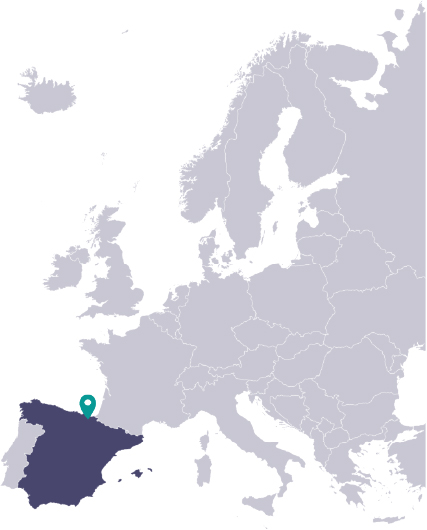

The Centre for Cooperative Research in Biosciences (CIC bioGUNE), member of the Basque Research & Technology Alliance (BRTA) is a biomedical research organisation conducting cutting-edge research at the interface between structural, molecular and cell biology. Located in the Science and Technology Park of Bizkaia (Derio, Bilbao), the activity of CIC bioGUNE includes generation of both fundamental and oriented knowledge (publications, patents, lectures in institutions and congresses), training of research talent, and collaboration-building with local, national and international institutions. The center always places their technical advances, infrastructure, and scientific personnel at the service of society, health and business networks, and the global scientific community. CIC bioGUNE has modern scientific infrastructures, led by prestigious scientists, which allow it to compete with the main European research institutes. These include advanced equipment for nuclear magnetic resonance (NMR), electron microscopy and X-ray diffraction, as well as different core technology platforms where genomes, proteomes and metabolomes can be analyzed.
Kungliga Tekniska Högskolan (Sweden)
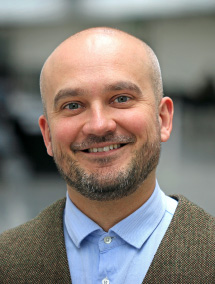 Associate Professor Francisco Vilaplana established his research group in 2015 at KTH focused on the biotechnological exploitation of biomass carbohydrates for advanced applications in materials and nutrition. Assoc Prof. Vilaplana is currently Head of the Division of Glyscoscience, principal investigator at the Wallenberg Wood Science Centre (WWSC) and affiliated researcher with Treesearch (Swedish National Infrastructure for New Materials from Trees).
Associate Professor Francisco Vilaplana established his research group in 2015 at KTH focused on the biotechnological exploitation of biomass carbohydrates for advanced applications in materials and nutrition. Assoc Prof. Vilaplana is currently Head of the Division of Glyscoscience, principal investigator at the Wallenberg Wood Science Centre (WWSC) and affiliated researcher with Treesearch (Swedish National Infrastructure for New Materials from Trees).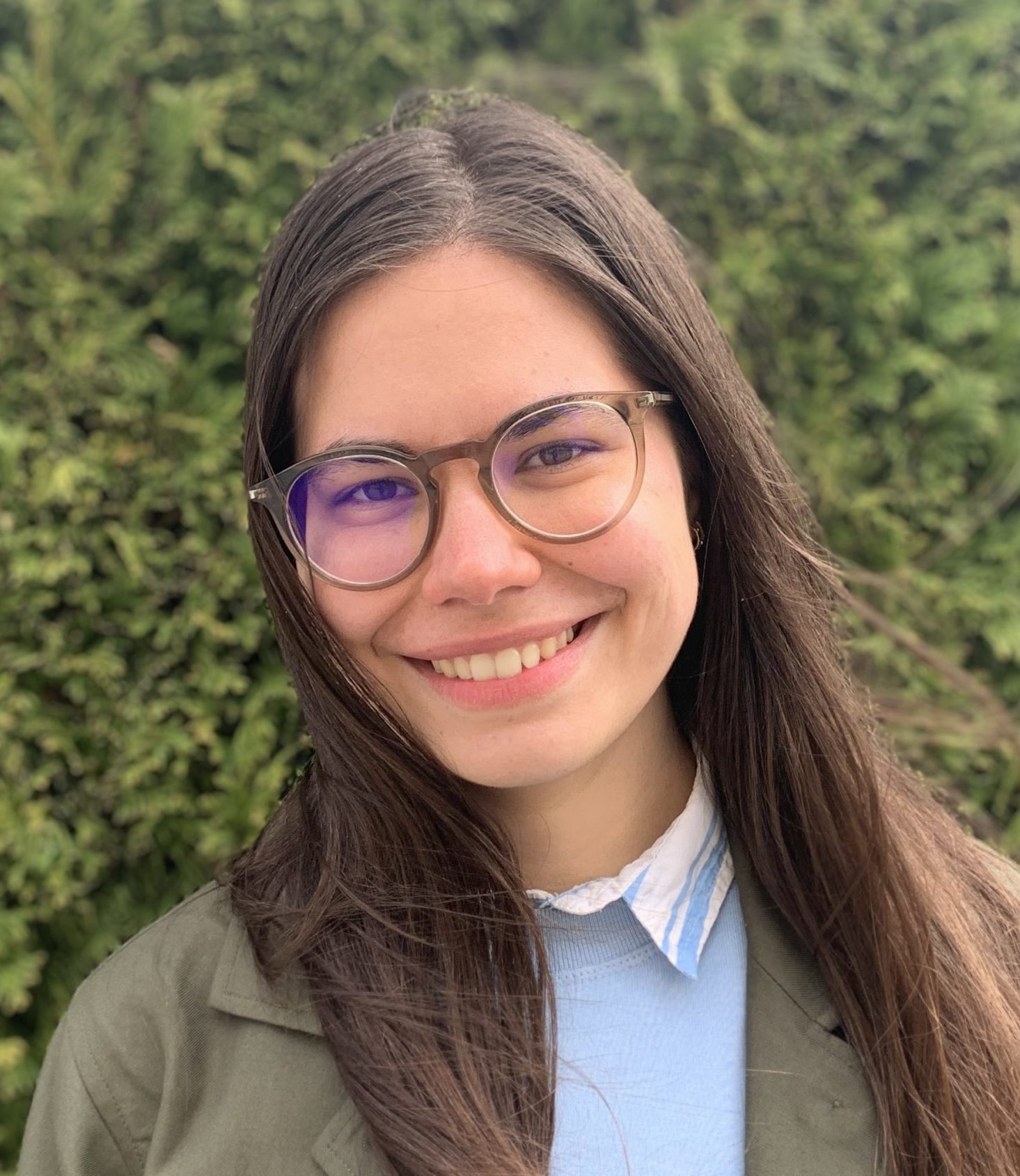 Zsuzsanna Péter-Szabó is a Ph.D. student in Associate Professor Francisco Vilaplana's group at KTH Royal Institute of Technology. She received her chemical engineering B.Sc. in Hungary and material science M.Sc. at KTH Royal Technology of institute in Sweden. She has R&D work experience with material and product development from cosmetic industry and biomaterial based innovation. Her thesis focuses on application of surface-active enzymes on fibers and material characterization of the end products.
Zsuzsanna Péter-Szabó is a Ph.D. student in Associate Professor Francisco Vilaplana's group at KTH Royal Institute of Technology. She received her chemical engineering B.Sc. in Hungary and material science M.Sc. at KTH Royal Technology of institute in Sweden. She has R&D work experience with material and product development from cosmetic industry and biomaterial based innovation. Her thesis focuses on application of surface-active enzymes on fibers and material characterization of the end products.
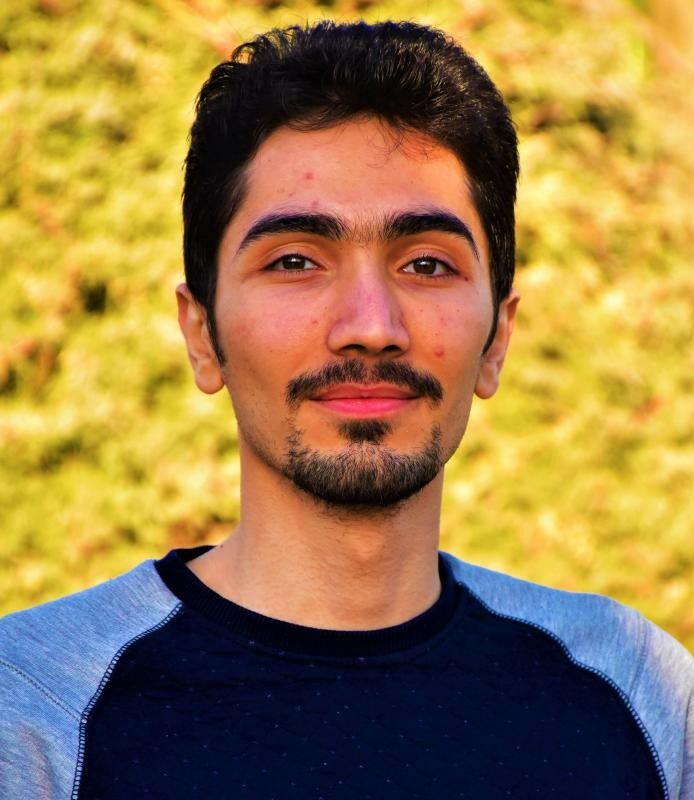 Ali Mianehro is a research engineer in the group of Prof. Francisco Vilaplana’ at KTH Royal Institute of Technology. He has finished his Master’s in the field of fiber science at 2020 and directly after continued his academic career as research engineer. From 2023 he has editorial contract with Elsevier and Taylor and Francis (CRC press). Till now he has acted as editor for the handbooks of "Cellulose Science and Technology" and "Smart Functional Wearables" also as guest editor of their journals. His research mainly focus on surface modification and valorization of biomass including wood, natural fibers, nanofiber and fibril also synthesis of nanomaterials.
Ali Mianehro is a research engineer in the group of Prof. Francisco Vilaplana’ at KTH Royal Institute of Technology. He has finished his Master’s in the field of fiber science at 2020 and directly after continued his academic career as research engineer. From 2023 he has editorial contract with Elsevier and Taylor and Francis (CRC press). Till now he has acted as editor for the handbooks of "Cellulose Science and Technology" and "Smart Functional Wearables" also as guest editor of their journals. His research mainly focus on surface modification and valorization of biomass including wood, natural fibers, nanofiber and fibril also synthesis of nanomaterials.
Kungliga Tekniska Högskolan Alumni
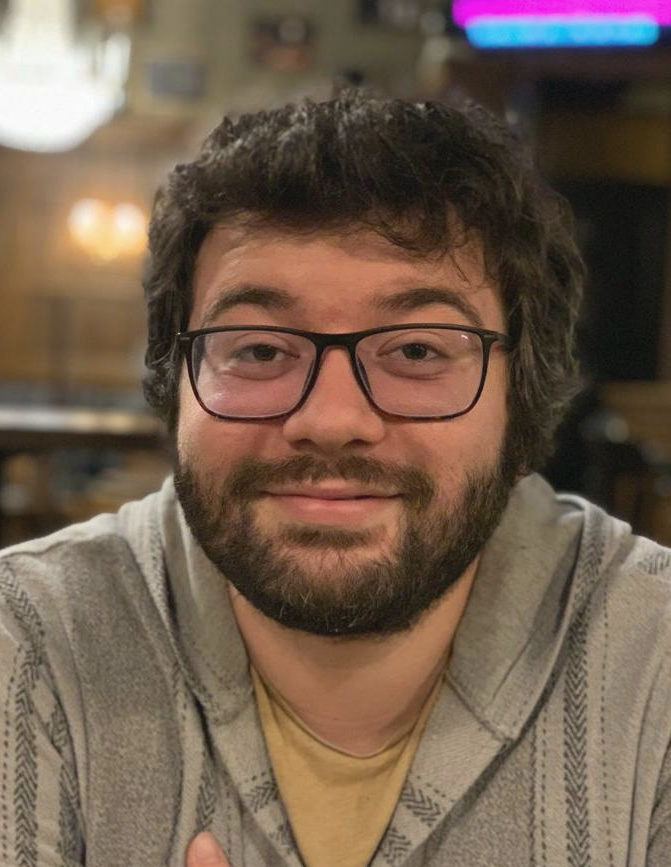 Dr. Hüsamettin Deniz Özeren is a postdoctoral researcher in Assoc Prof. Francisco Vilaplana’s lab at KTH Royal Institute of Technology and is specialized in biopolymeric materials & characterization and material modeling. Dr. Özeren received his Ph.D. from KTH, where he investigated the thermal and mechanical properties of starch-based plasticized thermoplastic materials and their applications. In Assoc Prof. Vilaplana’s group at KTH, he works on fibre surface modification by biocatalytic methods and their characterization.
Dr. Hüsamettin Deniz Özeren is a postdoctoral researcher in Assoc Prof. Francisco Vilaplana’s lab at KTH Royal Institute of Technology and is specialized in biopolymeric materials & characterization and material modeling. Dr. Özeren received his Ph.D. from KTH, where he investigated the thermal and mechanical properties of starch-based plasticized thermoplastic materials and their applications. In Assoc Prof. Vilaplana’s group at KTH, he works on fibre surface modification by biocatalytic methods and their characterization.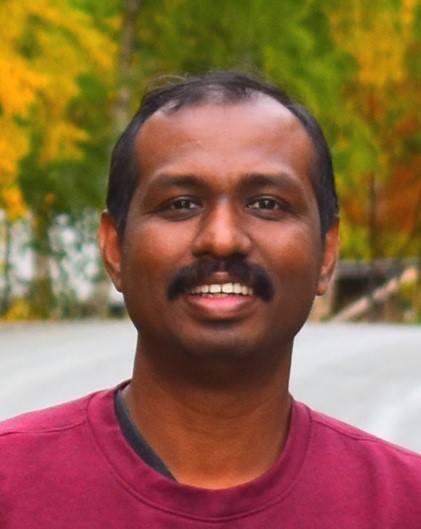 Dr. Pramod Sivan is a researcher in Assoc Prof. Francisco Vilaplana’s group at KTH Royal Institute of Technology. He received his PhD from Sardar Patel University, Gujarat in 2013, where he investigated the structural and chemical changes in the cell wall during wood formation. His post-doctoral research focus has been on qualitative and quantitative analysis of cell wall polymers in genetically modified model plants specifically targeted for xylan and lignin biosynthesis pathway to understand the interaction between matrix polymers and their significance in improving the biomass properties such as saccharification efficiency. The present research at Glycoscience division of KTH is focused to develop advanced mass spectrometric methods for the detailed molecular characterization of structural polysaccharides (hemicelluloses) in model plant cell walls in order to understand the molecular basis for the interactions and recalcitrance of lignocellulosic biomass.
Dr. Pramod Sivan is a researcher in Assoc Prof. Francisco Vilaplana’s group at KTH Royal Institute of Technology. He received his PhD from Sardar Patel University, Gujarat in 2013, where he investigated the structural and chemical changes in the cell wall during wood formation. His post-doctoral research focus has been on qualitative and quantitative analysis of cell wall polymers in genetically modified model plants specifically targeted for xylan and lignin biosynthesis pathway to understand the interaction between matrix polymers and their significance in improving the biomass properties such as saccharification efficiency. The present research at Glycoscience division of KTH is focused to develop advanced mass spectrometric methods for the detailed molecular characterization of structural polysaccharides (hemicelluloses) in model plant cell walls in order to understand the molecular basis for the interactions and recalcitrance of lignocellulosic biomass.
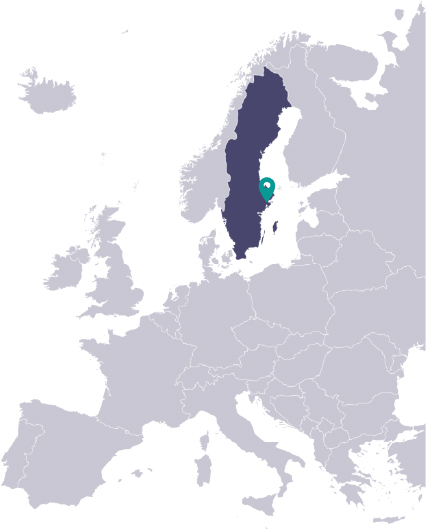

KTH Royal Institute of Technology in Stockholm (Sweden) is a leading technical university working with industry and society in the pursuit of sustainable solutions to some of humanity’s greatest challenges: climate change, energy supply, urbanisation and wellbeing. BioUPGRADE will be performed at the Division of Glycoscience, Department of Chemistry, which is a leading research unit with multidisciplinary competences on molecular biology, biochemistry and material sciences, performing fundamental and applied research on carbohydrate biotechnology.
UPM-Kymmene Oyj (Finland)
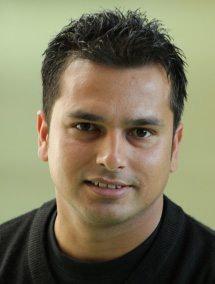 Dr. Janak Sapkota (WP4 Lead) is a Senior Research Manager at UPM R&D and Technology. He received his Ph.D. from the University of Fribourg, Switzerland in 2016, where he investigated the industrial processability and applications of cellulose based nanocomposites. He continued his research career in University of Leoben, Austria, with focus on additive manufacturing of fiber filled composites. At UPM he is responsible for strategic long term research and innovations related to the modification of lignocellulosic fibers for future applications. Since 2018, he is actively involved in developing competencies at UPM, such as creating new knowledge, networks and R&I projects with universities and research institutes.
Dr. Janak Sapkota (WP4 Lead) is a Senior Research Manager at UPM R&D and Technology. He received his Ph.D. from the University of Fribourg, Switzerland in 2016, where he investigated the industrial processability and applications of cellulose based nanocomposites. He continued his research career in University of Leoben, Austria, with focus on additive manufacturing of fiber filled composites. At UPM he is responsible for strategic long term research and innovations related to the modification of lignocellulosic fibers for future applications. Since 2018, he is actively involved in developing competencies at UPM, such as creating new knowledge, networks and R&I projects with universities and research institutes.
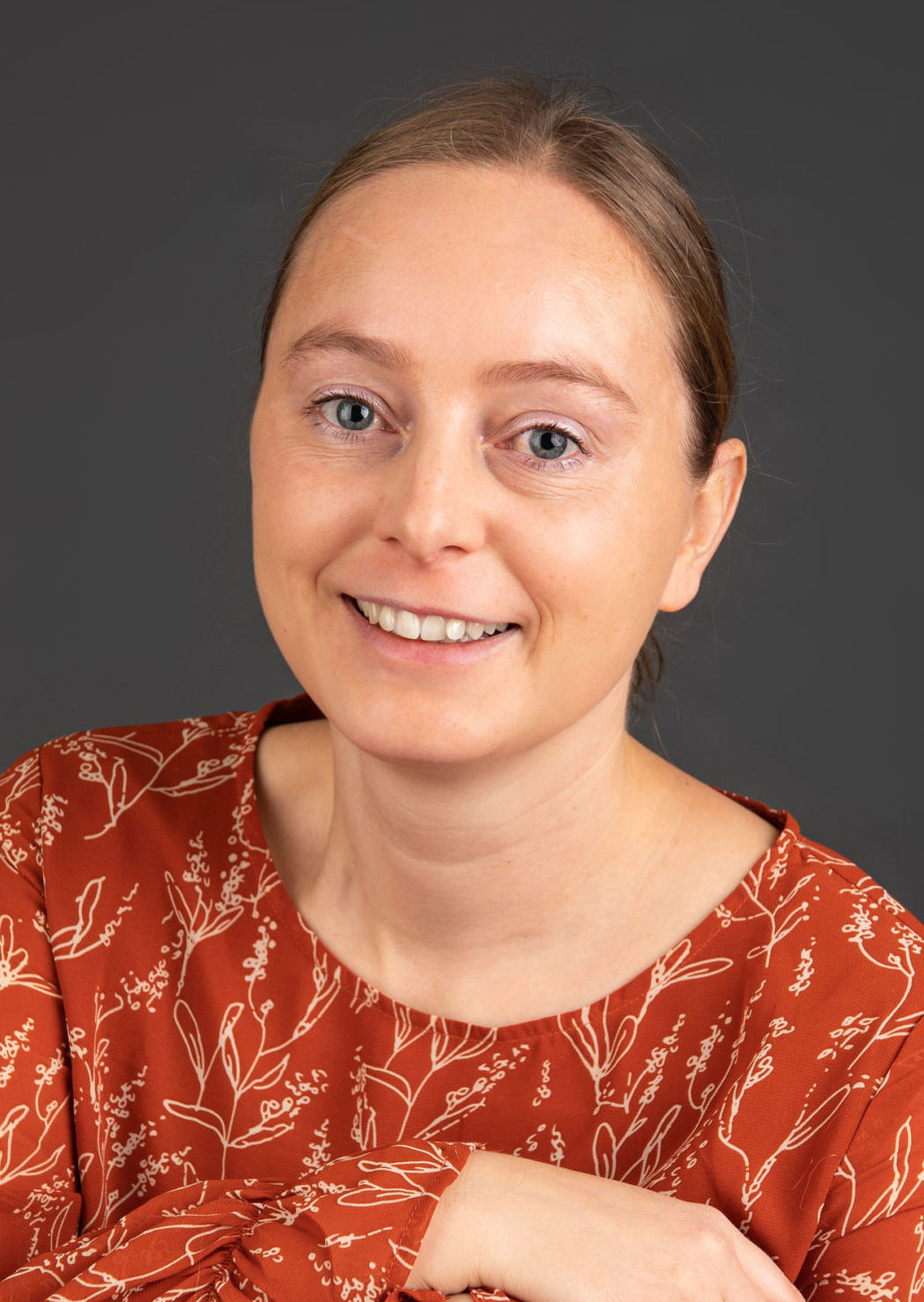
Dr. Salla Hiltunen is a researcher at UPM R&D and Technology. Her research activities focus on biochemical and physico-chemical modification of fibres for materials applications. She has received her Ph.D. in Chemical Engineering in 2019 from Lappeenranta-Lahti University of Technology. Her Ph.D. was focusing on hydrothermal stability of cellulose-based thickeners, particularly MFC and Na-CMC. The MFC gels were prepared from enzymatically pre-treated pulps.
UPM-KYMMENE OYJ Alumni
 Dr. Matti Ristolainen (first time FET participant), Head of UPM Pulp Research and Innovations, has studied organic chemistry (M.Sc.) and applied chemistry (M.Sc., Phil.Lic and Ph.D.) at the University of Jyväskylä. After finalizing his Ph.D. in 1999, he created a wide range of competencies at UPM in different R&D positions; manufacturing support, analytical services, end-use research, printing research, external relation concerning global university and institute relations, innovation management, nanocellulose research, novel pulping technology and the design of UPM’s biofuel production.
Dr. Matti Ristolainen (first time FET participant), Head of UPM Pulp Research and Innovations, has studied organic chemistry (M.Sc.) and applied chemistry (M.Sc., Phil.Lic and Ph.D.) at the University of Jyväskylä. After finalizing his Ph.D. in 1999, he created a wide range of competencies at UPM in different R&D positions; manufacturing support, analytical services, end-use research, printing research, external relation concerning global university and institute relations, innovation management, nanocellulose research, novel pulping technology and the design of UPM’s biofuel production.
The latest duties have related to research management and technology development in area of the modern pulp mill water circulation design, side stream management, holistic phosphorus management of modern pulp mill and novel fiber-based materials. Currently, he is responsible of UPM Pulp Research and Innovations. He has numerous scientific publications related to pulping and printing chemistry and patents related to e.g. cellulosic product, pulping, side streams utilization, biomaterials, water circulation and biofuels. He has hold advisor posts in European research organizations.

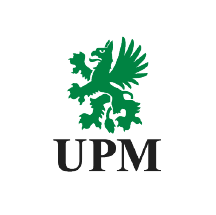
UPM-Kymmene Oyj responds to the growth in consumer demand with recyclable products that are made of responsibly-sourced and renewable raw materials. We deliver responsible solutions and innovate for a future beyond fossils across different business areas namely UPM Pulp, UPM Timber, UPM Biofuels, UPM Energy, UPM Raflatac, UPM Specialty Papers, UPM Communication Papers, UPM Plywood and UPM Biochemicals.
More at www.upm.com
